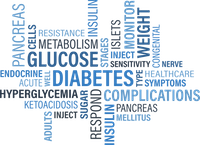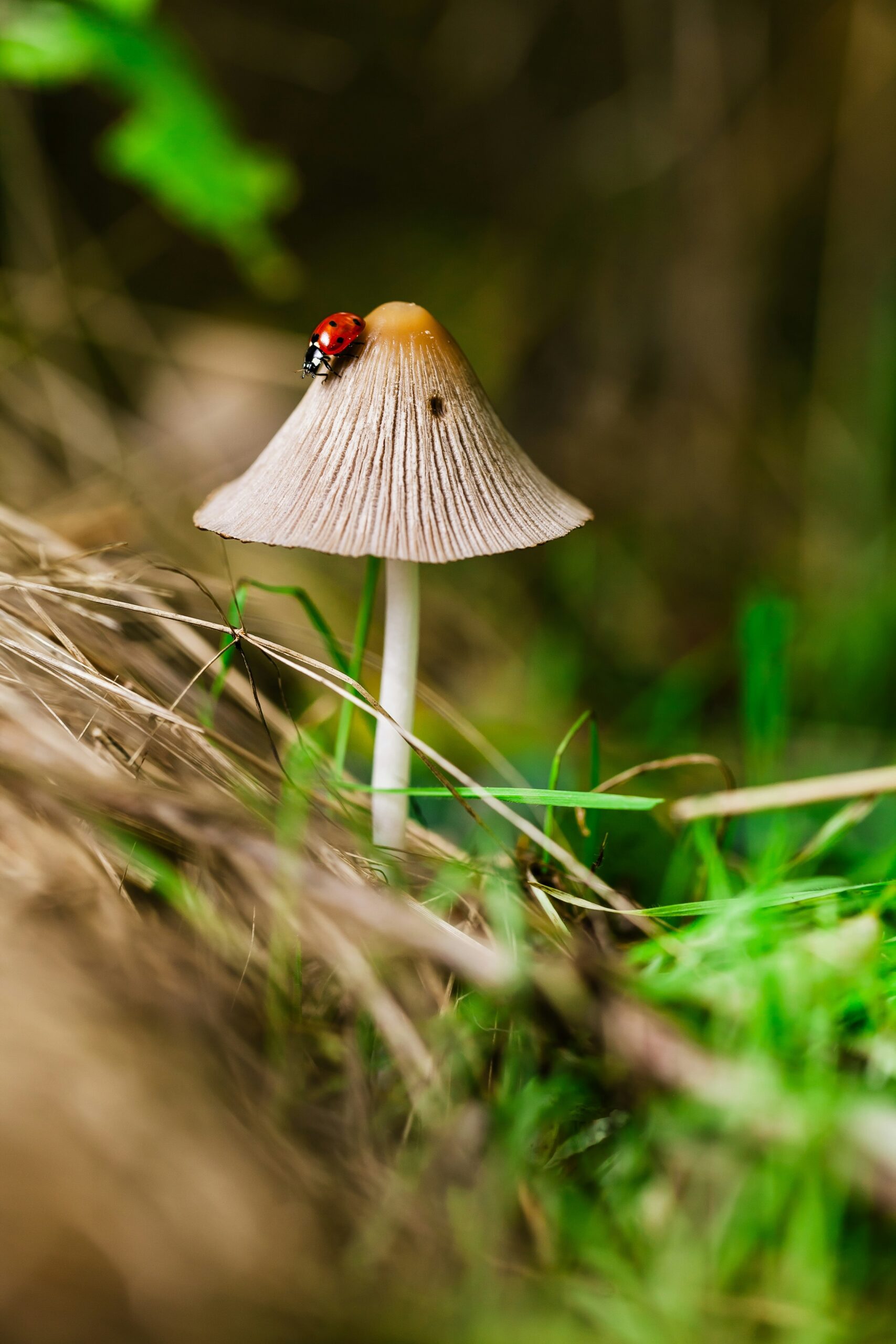Blood Sugar Regulation for PCOS

What is PCOS?
Polycystic ovarian syndrome affects 10% of North American women in their child-bearing years. It’s the leading cause of infertility and is on the rise. Syndromes are a group of symptoms that conventional medicine groups together. PCOS is more of a pattern than a disease. Cysts on the ovaries are not always present. Acne, irregular cycles, weight-gain, facial hair growth and loss of head hair can be part of the presentation. Blood sugar is a major underlying factor in many women who have PCOS symptoms.
The Underlying Cause
Blood sugar plays a huge role in PCOS. Insulin is a hormone and it helps regulate sex hormones. PCOS is really an imbalance in hormones.
Stress has a huge influence on all our hormones. Environment also is a key factor, more than genetics even. Genetics express if triggered by an exogenous factor so we are back at lifestyle, nutrients and yes meditation. The habits that lead to blood sugar dysregulation are not genetics. These are choices that we can change PCOS is an epidemic and there is a lot we can do as far as education to influence this.
Insulin Resistance & Female Hormones
Insulin pulls sugar out of blood and escorts it to our cells. Eating refined foods means our bodies will stop responding to the massive overload that hits the blood at once. Fibre in whole food is really protective on so many levels and this is one of them. The pancreas will continue to produce insulin despite high levels accumulating in the blood because insulin is overwhelmed and not responding. So now we have high sugar and high insulin in the blood.
FSH and LH are two important female reproductive hormones that are affected by insulin directly. Then in turn these affect progesterone and estrogen. We have so much more control than the medical model suggests in terms of understanding how an individual is adapting. Comprehensive hormone testing that includes metabolites of progesterone, estrogen and the androgens including testoterone. Looking at blood sugar levels in at least two ways is also important. A diagnosis can be helpful but only if the patient feels like she has options and is in control of her treatment.
Weight Gain is a Cause? Or a Symptom?
Old school doctors will tell patients to just lose weight. The problem with this is how? By any means? This will likely exacerbate the symptoms because the majority of weight loss measures promoted are extremely problematic.
Plus weight gain is not the cause! It’s a symptom. Yes weight gain, inflammation and other factors are part of the vicious cycle of insulin resistance and PCOS. But keep in mind certain hormonal imbalances make it very difficult to lose weight. So what works for most people won’t make a dent no matter how hard a woman tries. This is insanity.
A few important steps to regulate blood sugar:
1. Eat enough protein: our body has an innate stop button when it comes to protein. You will know when you’ve had enough. When we are nourished with longer burn foods, we don’t crave simple carbs and sugar.
2. Root veggies: get your carbs from the veggies that grow below ground. These also have a longer burn, are packed with vitamins and support the health of your colon. This is where we eliminate excess hormones like testosterone. Another problem of refined food is that it results in poor colon function and these hormones will be reabsorbed and recirculated.
3. Clean up all your beauty products especially beware of scents. Look through your cleaning products too. Our detox system is burdened by all of these and make it harder to eliminate hormones. They are full of xeno estrogens (xeno is bad). Stay away from plastics as much as possible.
4. Eat more healthy oil and fats. Omega 3’s are especially important. Studies show that androgens are lowered by diets higher in omega 3’s. They are also anti-inflammatory meaning less pain.
5. Chromium helps regulate blood sugar. It can be found in a variety of foods including grass-fed beef, eggs, broccoli and sweet potatoes. Most of us are deficient. Cinnamon regulates blood sugar too. Yes, food is medicine!
Prevention and natural interventions can go a long way with PCOS. Birth control and metformin are often prescribed. What is needed is a deeper look at what’s going on.
Related Posts
 Psychedelics for Women’s Health
Psychedelics for Women’s Health
 Protein & Hormones for Healthy Weight
Protein & Hormones for Healthy Weight




